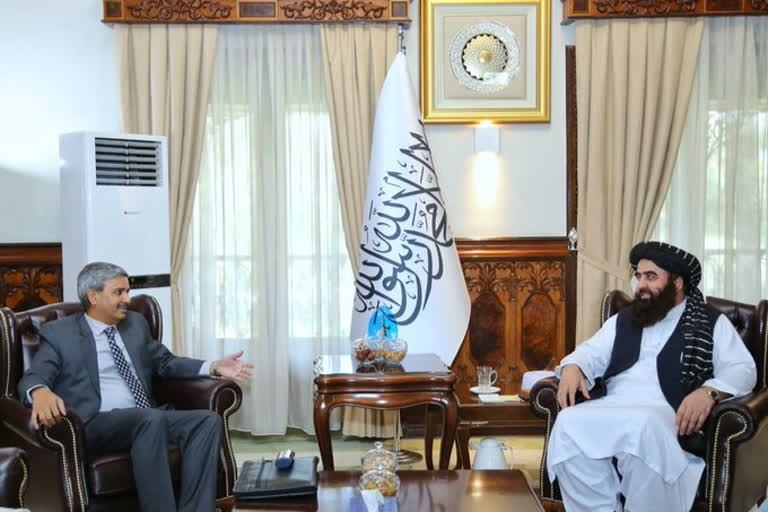New Delhi: In what may be a continuance of the long legacy of officers of the Afghan National Army (ANA) being trained in military warfare, tactics and academics in Indian military institutions, is the way being paved for soldiers of the Islamic Emirate of Afghanistan (IEA) or the Taliban regime to be trained in India?
Till the Taliban takeover in 2021, every year scores of ANA officers—both men and women—were trained in Indian military institutions like the Indian Military Academy (IMA), Officers Training Academy (OTA) or the National Defence Academy (NDA), and some even in specialised training modules at the Artillery School (Devlali), Mechanised Infantry Regimental Centre (Ahmednagar), and the Infantry School (Mhow).
Less than a year ago when the Taliban militia overran Kabul after the last of the US soldiers left the beleaguered country, one would have thought it to be in the realm of impossibility but certain developments have prompted the question even though queries to the Indian establishment including the Indian Army went unanswered.
Let us consider it stepwise. On May 31, Mullah Yaqoob, defence minister of IEA and son of the former Taliban founder Mullah Omar, in an interview with an Indian TV channel, indicated his willingness to get IEA soldiers trained in military academies in India. Omar said in response to a query: “Yes, we don’t see any issue with it. Afghan-India relations get strengthened and set the ground for this. There will be no issues with it.”
Last year’s developments resulted in the about 40 Afghan gentlemen cadets in the IMA being left out in the lurch as the ANA disbanded.
With reports that the Taliban were hunting out ANA personnel, the India-trained cadets refused to return and instead with the Indian government’s help sought alternatives including receiving vocational training and seeking asylum in India and other countries including the US.
Also read:India has a set of interests when it comes to engaging with the Taliban regime: US
Similarly, the fate is uncertain also for the 43 Afghan cadets who are set to pass out from the IMA on Saturday (June 11) this year. Long considered “pariah” for their radical religious views including the status of women in society, the Taliban had never had a cosy relationship with India.
